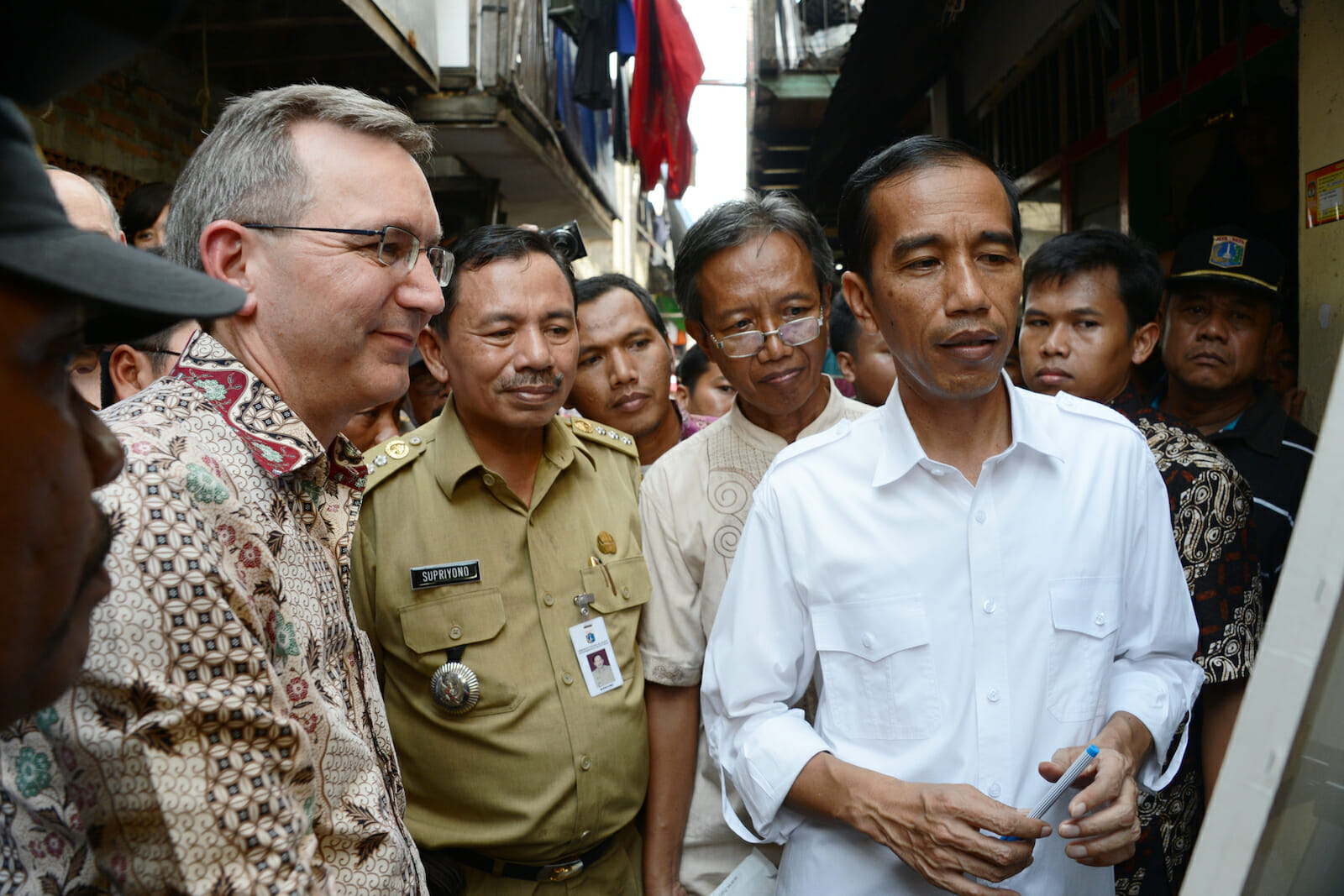
On the Issue of Women’s Rights in Indonesian Politics
Indonesian women can hardly forget the country’s presidential debate held two weeks ago. The issue of women’s rights was front and center. The incumbent, Joko Widodo, questioned his challenger’s commitment to women’s rights reminding the audience that all the highest positions in his party are all held by men. The challenger, Prabowo Subianto, responded that he didn’t merely prioritize all women, but women with quality. Placing as many women as possible in important posts without any qualifications was seen by Subianto as not a good thing. He furthered his argument by giving an example of a woman who made a mess in the current cabinet but did not reveal her name.
Prabowo’s statement cannot be entirely neglected. In a world which praises the merit system, selection is urged to be based on quality which is value free. Everyone agrees with the merit system. The thing we should remember about this merit system is, of course, that it is gender insensitive. It has always been a debate on whether women can enter this merit system or not. Saying that the merit system is not suitable for women means that women accept inequality.
Iris Young, a political scientist from the University of Chicago, said that merit system which is value-free and impartial is impossible. The existing system was created based on the consent or bias from the privileged, whether men, white or other privileged groups. When women’s rights are left behind it will be extremely difficult to catch up in the so-called merit system. It is nearly impossible to achieve the same outcome from a different start without intervention or externalities.
Is affirmative action creating new discrimination?
Many women advocate affirmative action. Affirmative action is a policy that takes into account geography, race, ethnic, gender, disability, and other disadvantaged backgrounds. This is a way of compensating past injustices. They say pure equality without arbitrary factors is just not suitable when women and men are separated that far apart. Hence, there should be made a way to catch up but this raises a question: should a new form of discrimination be introduced to overcome the past discrimination?
For years, politics is always seen as men’s affair. In Indonesia, the involvement of women in politics was voiced since 2002 through Act No.31/2002 about Political Party. Act No.2/2008 about Political Party encourages political parties in Indonesia to leave at least 30% of their quotas for women. Yet it has not been fully achieved. Out of 264 million Indonesians, roughly half are women. Still, women’s representation in parliament is just 19.8%.
Megawati Sukarnoputri was Indonesia’s only female president having served from 2001 to 2004. The country also granted women suffrage rights after its independence. But it doesn’t help much with gender disparity. In a nation where the proportion of women vs. men is close to 50:50, more women representation is obviously needed. Women need people who will stand and act in their interests, which can rarely be achieved by men.
Research conducted by Amartya Sen, a Nobel prize winner in economics, showed that women are social agents. Sen’s study explained that educated and financially independent women have the tendency to empower other women to reach their full potentials. Michael Kauffman, a professor at the University of Toronto, added that women are caretakers. As caretakers, they are more sensitive to health, education and food problems because they are used to dealing with these issues in their daily lives.
Hence it is important to give women opportunities. Quality is definitely important, especially for state affairs. If we never give them opportunities, we’ll never know their full capacity. When women hold important positions or do something noticeable, people always question their capacity. When it comes to men, fail or success, people never talk about their gender, it’s obvious.
Prabowo, as the chief of party, definitely should be more consistent with his commitment for women’s rights. At least he should try to fulfill a 30% quota in his party. It doesn’t mean that Joko Widodo wins on this issue. Meanwhile, he is right to give important positions to women but he remains silent about the Anti Violations for Women Bill. If they really care about women’s representation, they should advocate clearer gender-sensitive policies as well as support for more women in politics.
